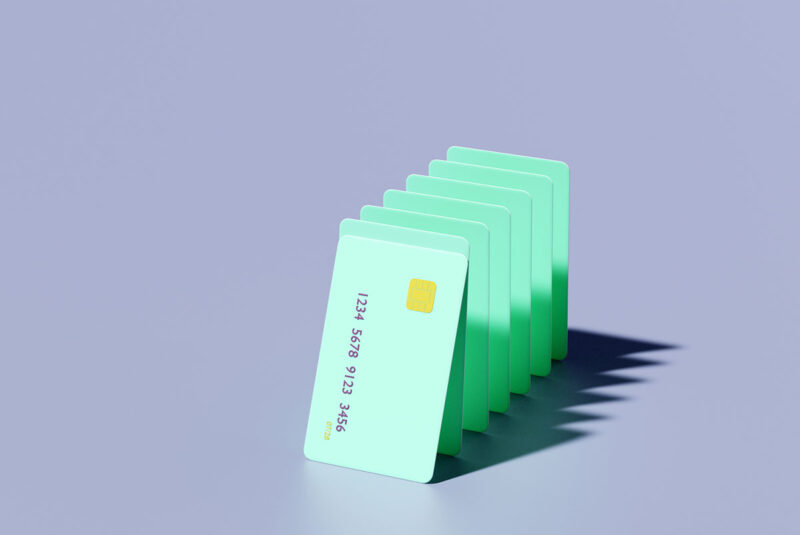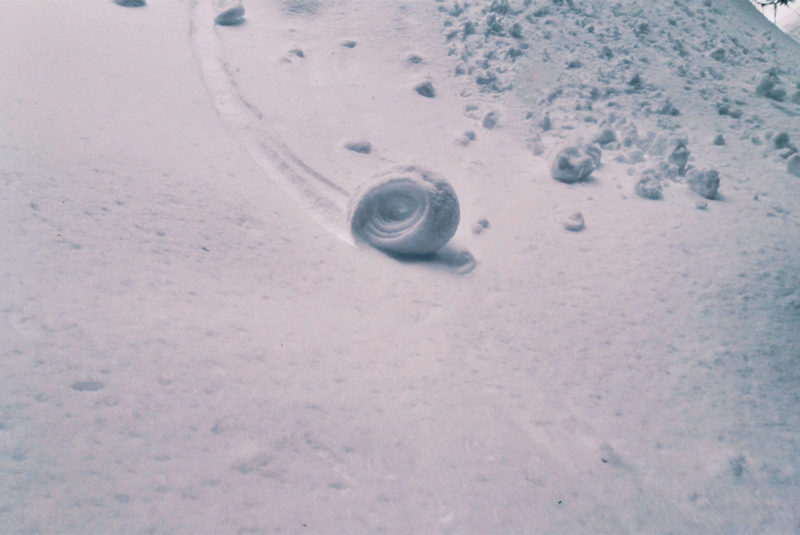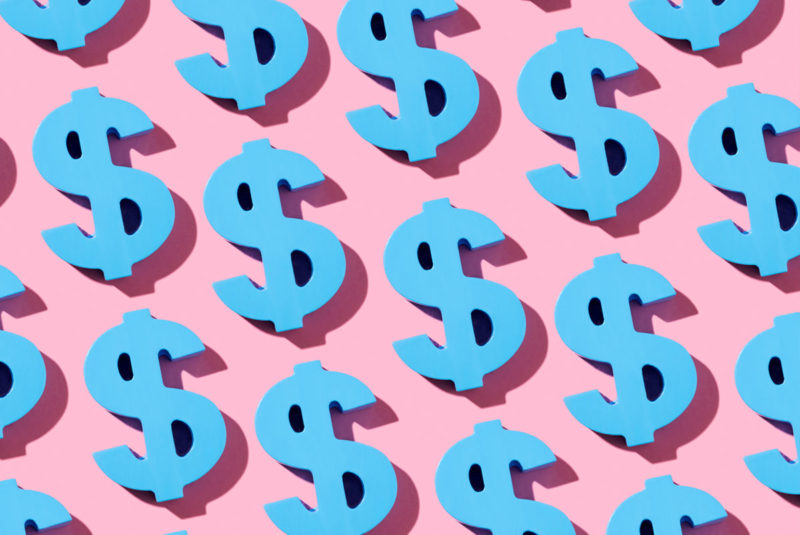Have you ever loaned money to someone you know? If so, you may have asked that person to pay you back by a certain date – either all at once or in a series of smaller payments.
Hopefully, your loved one kept up the other end of the bargain and stuck to the payment plan. But if they didn’t follow through, you know first hand what it’s like to be on the receiving end of a delinquent payment. Depending on the situation, you might think twice about loaning that person cash again in the future.
Credit card issuers and lenders are no different. When a creditor loans you money, it expects you to repay those funds (plus interest and fees) on time. Fall behind on your payment plan and your account becomes delinquent.
Delinquent accounts can cost you in a lot of ways. First, they can come with expensive late fees and other charges. Delinquent accounts may also inflict severe damage on your credit scores. Poor payment history and credit score damage could make it difficult to borrow money again from the same lender and others down the road.
What Are Delinquent Accounts?
When you borrow money from a lender or credit card issuer, the company will typically let you pay it back over a series of months or years. Each month, you’ll have to make a payment by the due date on your account.
From a lender or card issuer’s point of view, if your due date comes and goes without you making a payment, your account is delinquent. As soon as you become past-due on your payment, you may start paying for the oversight. As more time passes and you fall even further behind, the consequences of being delinquent can start to stack up.
When do lenders report accounts as delinquent?
When you have a delinquent account, your lender or credit card issuer might:
- Day 1: Charge you a late fee
- Day 30: Report your account as late to the three major credit bureaus and charge you another late fee if you miss a second payment
- Day 60: Start charging you a higher penalty APR on future purchases (credit cards only), charge you more late fees if you miss additional payments, and report you as 60-days late to the credit bureaus
- Day 90: Close your account, assess another late fee, and report you as 90-days late to the credit bureaus
- Day 120 – 180: Charge-off the account, sell or assign the account to a collection agency, charge additional late fees, and report you as 120 or 180-days late to the credit bureaus
The actions above are examples of what could happen when you don’t pay a credit card or loan as agreed. But your lender or credit card issuer might follow a different timeline when you have a delinquent account.
For example, some student loan lenders won’t report late payments to the credit bureaus until your account is a full 90-days past-due. Meanwhile, some creditors might opt to sell your delinquent account to a collection agency sooner. Others might not work with collection agencies at all.
You can’t control how or when a creditor will respond when you fall behind on payments. But if you can keep your bills on time and avoid delinquent accounts, you shouldn’t have to worry about any of these negative side effects.
How Do Delinquencies Affect Your Credit?
As mentioned above, a creditor may report your account as late to the credit bureaus once you’re 30 days or more behind on a payment. So, paying 30 days late or worse could have a negative impact on both your credit reports and credit scores.
Lenders use credit scores like FICO® and VantageScore® to determine the risk of loaning you money. FICO® Scores and VantageScore® credit scores predict how likely you are to pay a bill 90+ days late in the next 24 months.
Now, if you already have a history of delinquent accounts – especially multiple delinquencies – the odds of you paying late again are higher. That’s not good in the eyes of a lender. As a result, your credit scores generally suffer when delinquent accounts appear on your credit reports.
To make matters worse, delinquent accounts have the potential to hurt your credit both now and in the future. According to the Fair Credit Reporting Act (FCRA), late payments can remain on your credit reports for up to 7 years from the date they happened. Even if you bring a delinquent account current again (or you pay or settle the account), the late payment can stay on your credit history.
Delinquent accounts might damage your credit scores as long as they show up on your credit reports. On the bright side, late payments affect your credit scores less and less as time passes. A six-year-old delinquency generally won’t impact your credit scores nearly as much as a delinquent account that happened in the last year.
How Can I Avoid Delinquency?
Delinquent accounts can be bad for your credit scores and your bank account. It’s smart to do everything in your power to avoid them.
That being said, most people don’t just wake up one morning and think, “Today feels like a great day to skip my credit card payment.” No, delinquencies generally happen because of an underlying problem.
A job loss or a reduction in income, for example, can make it difficult to keep up with your bills. An illness or emergency expense could also cause financial problems. Sometimes delinquencies happen because you don’t have a good plan for how to spend your money.
Whatever the reason you’re making late payments, the following tips might help you get back on track.
- Start with a budget checkup: Some late payments come from a failure to plan. But even if money is tight, a budget might help you fix this problem. First, track your spending for a month or two to get a clear picture of how you’ve been using your income. Make a list of your bills and variable spending like groceries, dining, entertainment, etc. Finally, look for ways to cut spending and free up cash.
- Ask your lender about hardship options: If you lose your job or experience some other financial emergency, your lender or credit card issuer might offer a hardship program. Your best bet is to make a phone call before your account becomes delinquent. Explain your situation and ask about alternative payment options.
- Pay down debt: When you’re struggling to pay your bills on time, it might seem crazy to think about paying extra toward your debt. But paying off high-interest debt like credit cards is a wise move in the long run. As you eliminate debt, the money you earn will stretch even further. Plus, if your credit card utilization ratio decreases, your credit scores may improve as a bonus.
- Think about consolidating your debt: A balance transfer credit card or a personal loan might help you lock in a lower interest rate that makes paying down your debt easier. But if you have bad credit due to delinquent accounts, you might have a hard time qualifying for financing. In this situation, a debt management plan (DMP) through a non-profit credit counselor might make more sense.
Can You Remove Delinquent Accounts From Your Credit Reports?
Do your credit reports already show a history of delinquent accounts? If so, there are three potential ways to get the credit bureaus to remove them from your reports:
1. Wait it out
The credit bureaus eventually have to delete negative accounts from your credit report thanks to the FCRA. In general, delinquent accounts (e.g., charge-offs, collections, settlements, etc.) cannot stay on your credit reports for more than 7 years. That seven-year clock starts ticking on the date of the original late payment that leads to default.
Do you have a previously delinquent account that you brought current again? In this scenario, the late payments on the account have a time limit as well. The credit bureaus can only include a late payment on your credit reports for a maximum of 7 years.
2. Dispute it
The FCRA lets you dispute accounts on your credit reports when you think they’re questionable or wrong. You have the same right to dispute if you think something has been on your credit reports for too long.
If you disagree with a delinquent account on your credit reports, you can submit disputes to the appropriate credit bureaus – Equifax®, TransUnion®, or Experian™. When an incorrect account is on more than one credit report, you’ll need to send multiple disputes.
Once a credit bureau receives your dispute, it generally has 30 days to investigate your claim. At the end of the investigation, a credit bureau can take one of three actions. It must either verify, update, or remove the delinquent account from your credit report.
3. Negotiate for early removal
You can negotiate with a creditor or collection agency to try to get a delinquent account off your credit reports early. Credit reporting is voluntary. A company can ask a credit bureau to add an account to your credit report. It can ask a bureau to remove an item from your report as well.
Of course, getting a creditor or collection agency to make this request isn’t easy. You’ll usually need to offer to pay or settle the delinquent account in full. Even then it’s a long shot. If a company agrees to a deletion in exchange for payment, be sure to get the offer in writing before you pay a dime.
Moving Forward
It’s always best to avoid delinquent accounts in the first place. Late payments and past-due accounts can be expensive and can affect your credit for many years.
At the same time, if delinquent accounts are already haunting your credit reports it doesn’t mean that you’re doomed. You can take smart steps to break the late payment habit now and start rebuilding your credit for the future.
A delinquent account may remain on your credit reports for up to seven years if you can’t get it removed early. But with hard work, your credit scores could bounce back to a healthy level much sooner.
The Short Version
- Your credit card or loan account becomes delinquent when you fail to pay by the due date
- After 30 days, your lender may report the account as late to the credit bureaus
- Delinquent accounts can have a significant negative effect on your credit, but there are ways to recover and rebuild your credit scores




